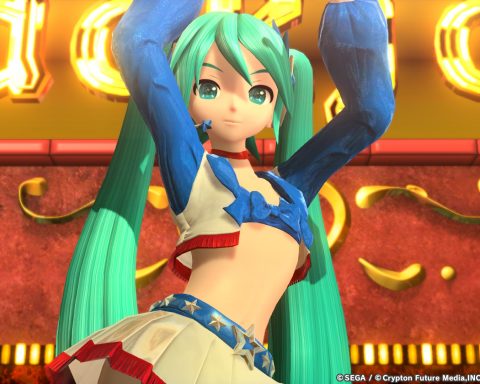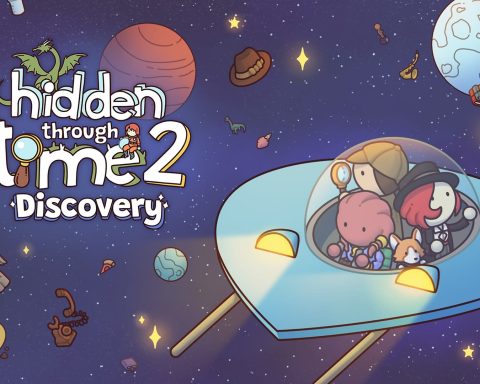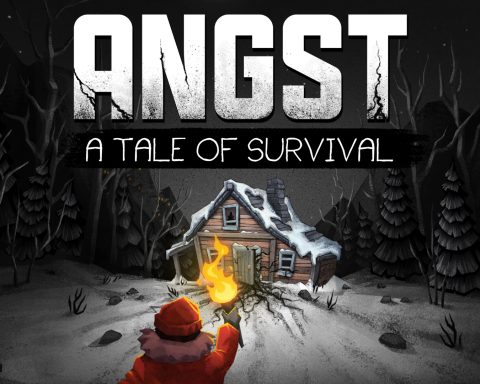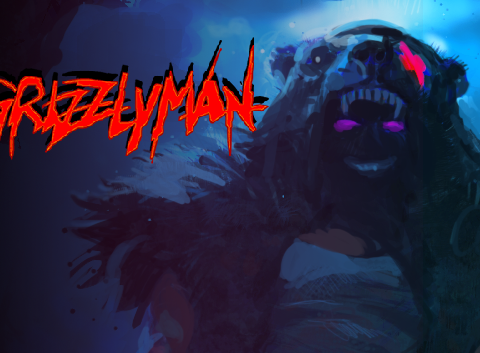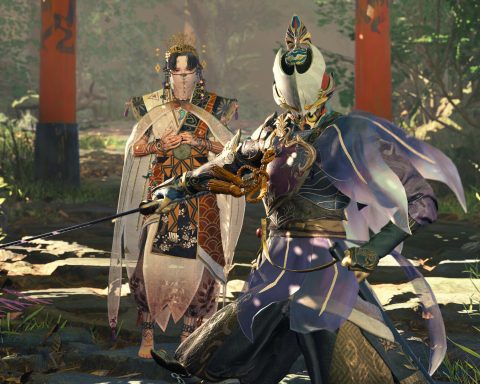From 1945 through to 1991, the world existed in a state of perpetual tension as two superpowers – The Soviet Union and the United States – vied for control over the planet and its resources. Now, as the world heads into a second Cold War between the United States and China thanks to a monumental failure of leadership in the US over the past four years, Activision figured it was time to toss out Cold War propaganda to remind us that the United States is the righteous good guy and therefore inherently justified in whatever actions it might take.
In 1945, at the end of World War 2, as Korea started working towards its independence from Japan, a provisional government was formed – the People’s Republic of Korea. America didn’t much care for this government. It was too sympathetic towards communism, so they split the country in two, installed its own government in the south, and that led to a rather famous war that, to this day, has never been formally ended.
In 1949 America did its first bit of kingmaking in the Middle East, and of course that turned out to be a travesty in every way. It took place in Syria, and while the role of the CIA is still debated, it involved a CIA-friendly leader, Husni al-Za’im, overthrowing a democratically-elected government. And as we all know Syria has become a very stable corner of the world in the years since.
America wasn’t done with screwing up the Middle East, though, oh no. In 1952 Iran elected a man called Mohammad Mosaddegh to lead the country. By all accounts, he was a pretty popular leader, being generally pro-democracy, secular, progressive by the region’s standards and he introduced a number of nation-stabilising measures including social security, land reforms, and increased taxation to support government services. However he also nationalised Iran’s copious oil resources, and we all know how America is when people threaten its oil. Coup time! And unlike with Syria, the CIA’s involvement here is not disputed by anyone. Unfortunately, the puppet that America put in, Mohammad Reza Pahlavi, was really not popular. Misjudging his ability to lead didn’t stop America acting surprised and petulant when an Islamic revolution overthrew that government, though. And to this day America seems to be surprised that Iran doesn’t much like them.
Fast forward to 1960 (there was a bunch more stuff that happened in places like Indonesia and Philippines between Cuba and 1960, but I’m just highlighting the biggest ones here), America started playing around in the de-colonialising parts of Africa. Right in the middle of the continent, a massive nation, the Republic on Congo, earned its independence from Belgium. Sadly for Congo, the leader of the country, Patrice Lumumba, sought support from the Soviet Union because Belgium was financing separatist movements within the country. Congo had a lot of uranium, see, so firstly the west wanted it, and secondly the west didn’t want Congo trading with the Soviets. And so, the CIA first tried to poison Lumumba via his toothpaste (a famous story, that one), and when that didn’t work, they found someone in the army to overthrow him instead.
Fast-forwarding again through events in Laos, the Dominican Republic, Brazil, Iraq, and Chile, we next get to Vietnam. America went to war there because Domino Theory told them that if Vietnam falls Australia turns communist next, or some other nonsense from the same country that took Joseph McCarthy seriously to embark on anti-communist purges that they could only be described as witch hunts. That was was so utterly horrific that even the American population had enough and even Richard Nixon was unable to keep it going.
Editor-in-Chief
Find me on Twitter: @mattsainsb
The critic was provided with a copy of this game for review.









